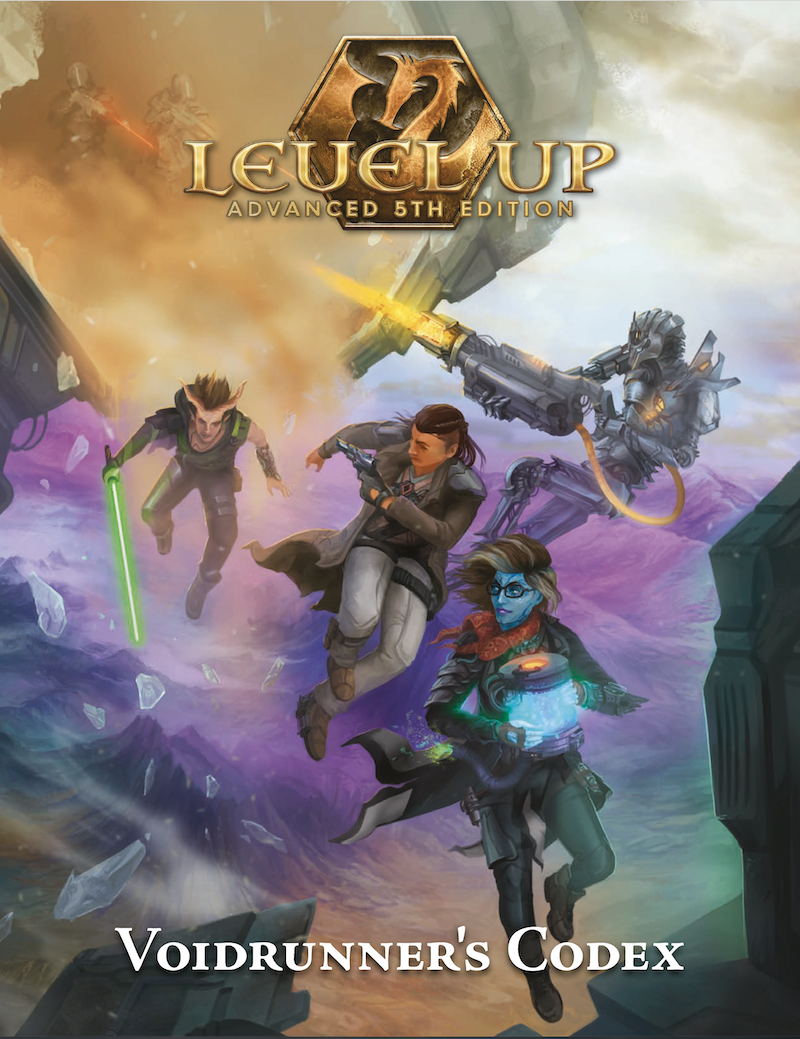I mean, magic is fundamentally different to anything in the real world, so you are saying, magic that is fundamentally different from magic. A difference that makes no difference is no difference.
The number 7 is completely different from the number -3. That doesn't mean pi is now equal to 7 because it is also completely different from the number -3. Chocolate is completely different from orange, but that doesn't mean chocolate is identical to mint because mint is completely different from orange. Etc. Three things can each be mutually "completely different" from one another.
No, I like it just fine, where there isn't any other kind of magic that does the same thing.
So
in D&D you don't like it being sci-fi. There are other folks who very much want it to only be sci-fi, even when other kinds of magic can do
similar things.
Psionics usually does not do absolutely literally all the exact same things with no differences whatsoever.
The D&D tradition is that psionics is completely different in each edition.
Only if you are overly precious about the very specific methods. Since at least 2nd edition, there's been
at least one class focused around the power of psionics. Just as many things have changed about various classes over time, but a core concept remains the same. Bards have been a lot of things, but they have stabilized pretty well since 2nd edition.
Or are you saying, it should be like 1st edition?
No.
You could do something like that using feats and/or divine gifts. I think only three editions have had psionics as a class.
....
Only three editions?
Are you even listening to yourself here? That's 2e, 3e, and 4e. In other words, every prior edition of main-line D&D
other than 1e. Your argument is facially ridiculous, and I'm not exactly convinced of your seriousness if you're making statements like "only three editions have had psionics as a class".
1st edition. Wizards don't heal because that is a protected cleric mechanic. Bards heal because they take their spells from the druid spell list, which includes some healing (weaker than clerics though).
Sure. Long-term traditions, where the
reason that tradition formed in the first place is long forgotten (Cleric is a bizarrity that directly descended from a weird coincidence of old-school play!), is a commonplace thing in D&D design. Psionics being its own class is a tradition that started with 2e and has been maintained since then. That's a significant part of why people want psionics--because for three editions running, it has been.




